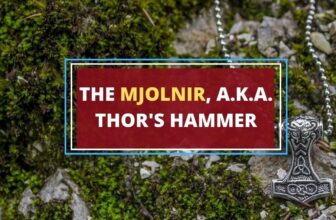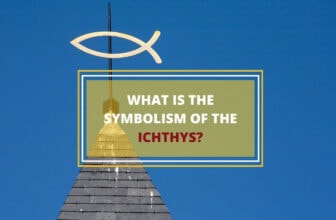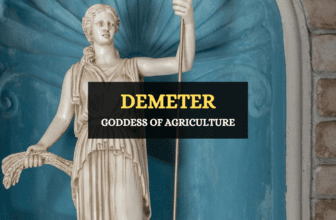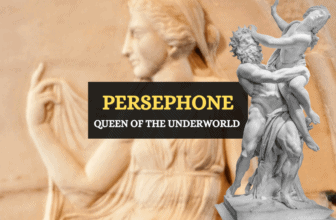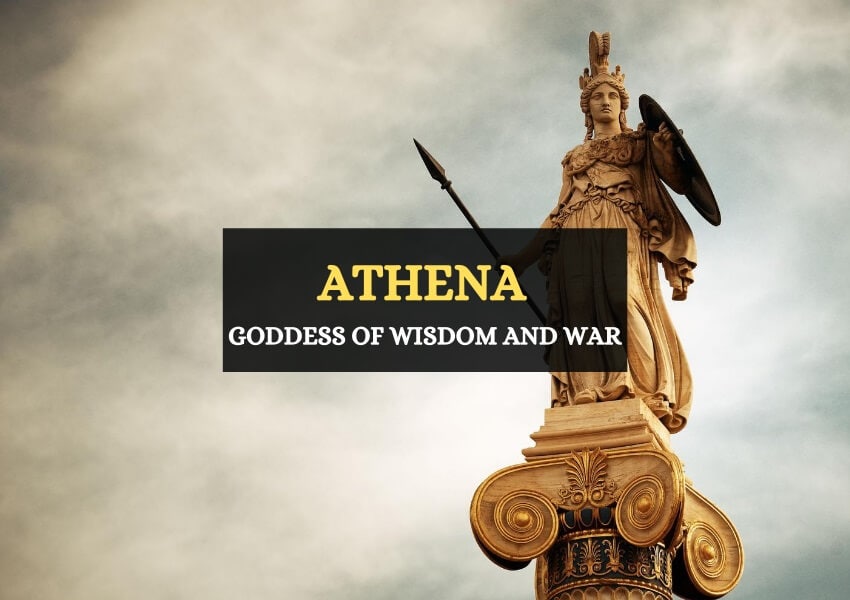
Table of Contents
Athena (Roman counterpart Minerva) is the Greek goddess of wisdom and warfare. She is the patron and protectress of many cities, but most notably Athens which is named after her. As a warrior goddess, Athena wears a helmet and holds a spear. Athena remains among the most respected of all the Greek gods.
Story of Athena
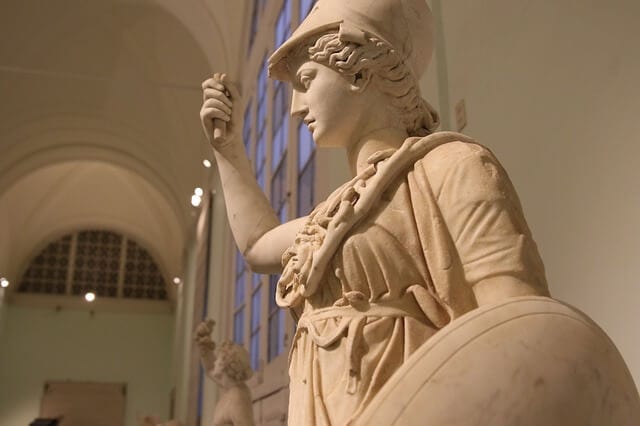
Athena’s birth was unique and quite miraculous. It was prophesied that her mother, the Titan Metis, would give birth to children that were wiser than their father, Zeus. In an attempt to prevent this, Zeus tricked Metis and swallowed her.
Not long afterwards, Zeus began to experience an intense headache which continued to plague him until he snapped and ordered Hephaestus to cleave his head open with an axe to relieve the pain. Athena sprang out from Zeus’ head, dressed in armor and ready to fight.
Although it had been foretold that Athena would be wiser than her father, he wasn’t threatened by this. In fact, in many accounts, Athena appears to be Zeus’ favorite daughter.
Athena swore to remain a virgin goddess, much like Artemis and Hestia. As a result, she never married, had children or engaged in love affairs. However, although she is considered by some to be the mother of Erichthonius, but she was only his foster mother. Here’s how that went down:
Hephaestus, the god of crafts and fire, was attracted to Athena and wanted to rape her. However, his attempt failed, and she fled from him in disgust. His semen had fallen on her thigh, which she wiped with a piece of wool and threw away on the ground. In this way, Erichthonius was born from the earth, Gaia. After the boy was born, Gaia gave him to Athena to look after. She hid him and raised him as his foster mother.
Why is Athena Called Pallas Athenaie?
One of Athena’s names is Pallas, which comes from the Greek word for to brandish (as in a weapon) or from a relate word meaning young woman. In any case, there are conflicting myths invented to explain why Athena is called Pallas.
In one myth, Pallas was a close childhood friend of Athena’s but one day she killed him by accident during a friendly fighting match. In despair over what had happened, Athena took his name to remember him. Another story states that Pallas was a Gigante, whom Athena killed in battle. She then flayed off his skin and turned it into a cloak which she often wore.
Athena as a Goddess
Although she was called infinitely wise, Athena demonstrated the unpredictability and fickleness that all the Greek gods displayed at one time or another. She was prone to jealousy, anger and was competitive. The following are some popular myths related to Athena and showcase these traits.
- Athena vs. Poseidon
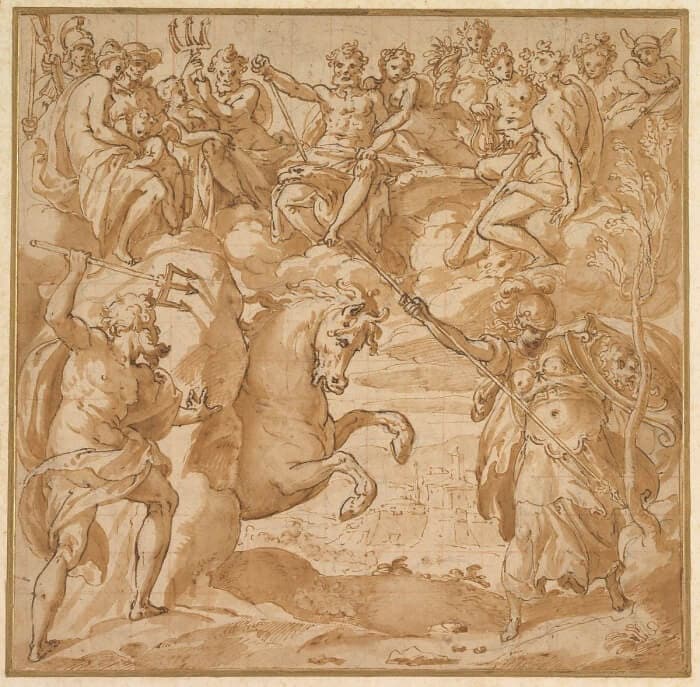
In a competition between Athena and Poseidon, god of the seas over who would be the patron of the city Athens, the two agreed that they would each give the people of Athens a gift. The king of Athens would choose the better gift and the giver would become the patron.
Poseidon was said to have thrust his trident into the dirt and immediately a salt-water spring bubbled to life from where before was dry land. Athena, however, planted an olive tree which was the gift ultimately chosen by the king of Athens, as the tree was more useful and would provide the people with oil, wood and fruit. Athena was thereafter known as the patron of Athens, which was named after her.
- Athena and the Judgement of Paris
Paris, a Trojan prince, was asked to choose who was the most beautiful between the goddesses Aphrodite, Athena, and Hera. Paris could not choose as he found them all beautiful.
Each of the goddesses then attempted to bribe him. Hera offered power over all of Asia and Europe; Aphrodite offered him the most beautiful woman, Helen, on earth to marry; and Athena offered fame and glory in battle.
Paris chose Aphrodite, thus enraging the other two goddesses who then sided with the Greeks against Paris in the Trojan War, which could go on to become a bloody battle that lasted for ten years and involved some of Greece’s greatest warriors including Achilles and Ajax.
- Athena vs. Arachne
Athena competed against the mortal Arachne in a weaving competition. When Arachne beat her, Athena destroyed Arachne’s superior tapestry in a rage. In her despair, Arachne hung herself but was later brought back to life by Athena when she turned her into the first ever spider.
- Athena Against Medusa
Medusa was a beautiful and attractive mortal that perhaps Athena was jealous of. Poseidon, Athena’s uncle and the god of the sea, was attracted to Medusa and wanted her, but she fled from his advances. He gave chase and finally raped her in Athena’s Temple.
For this sacrilege, Athena turned Medusa into a hideous monster, a gorgon. Some accounts say she turned Medusa’s sisters, Stheno and Euryale into gorgons too for trying to save Medusa from being raped.
It’s unclear why Athena didn’t punish Poseidon – perhaps because he was her uncle and a powerful god. in any case, she appears excessively harsh towards Medusa. Athena later aided Perseus on his quest to kill and behead Medusa, by giving him a polished bronze shield that would allow him to look at Medusa’s reflection instead of directly at her.
- Athena vs. Ares

Athena and her brother Ares both preside over war. However, while they’re involved in similar areas, they couldn’t be more different. They represent two different sides of war and battle.
Athena is known for being wise and intelligent in war. She’s tactical and makes carefully planned decisions, demonstrating characteristics of intelligent leadership. In contrast to her brother Ares, Athena represents a more thoughtful and strategic way to resolve conflict, rather than just war for the sake of war.
Ares, on the other hand, is known for sheer brutality. He represents the negative and reprehensible aspects of war. This is why Ares was the least loved of the gods and was feared and disliked by the people. Athena was loved and revered, by mortals and gods alike. Their rivalry was such that during the Trojan War, they supported opposite sides.
Athena’s Symbols
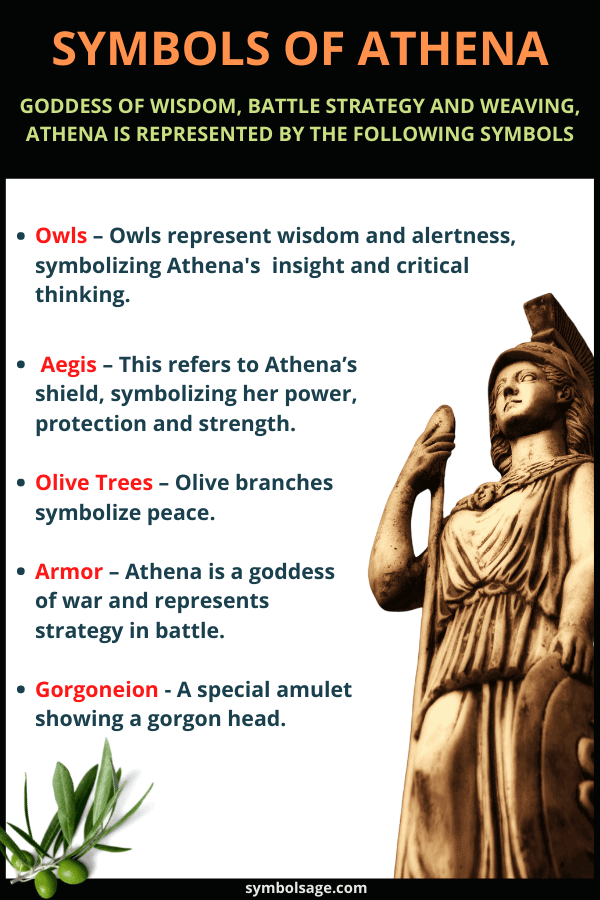
There are several symbols associated with Athena, including:
- Owls – Owls represent wisdom and alertness, qualities associated with Athena. They’re also able to see at night when others can’t, symbolizing her insight and critical thinking. Owls are her sacred animal.
- Aegis – This refers to Athena’s shield, symbolizing her power, protection and strength. The shield is made of goatskin and on it is depicted the head of Medusa, the monster slain by Perseus.
- Olive Trees – Olive branches have long been associated with peace and Athena. Additionally, Athena gifted the city of Athens with an olive tree – a gift which made her the patron of the city.
- Armor – Athena is a warrior goddess, symbolizing tactical strategizing and careful planning in war. She’s often depicted wearing armor and carrying arms, such as a spear and wearing a helmet.
- Gorgoneion – A special amulet that depicts a monstrous gorgon head. With the death of the gorgon Medusa and the use of her head as a powerful weapon, the gorgon head gained a reputation of being an amulet with the ability to protect. Athena often wore a gorgoneion.
Athena herself symbolized wisdom, courage, bravery and resourcefulness, especially in warfare. She also represents crafts. She is the Patron of weaving and metal workers and believed to help artisans to be able to forge the strongest armor and the most dangerous weapons. In addition, she is credited as having invented the bit, bridle, chariot, and wagon.
Athena In Roman Mythology
In Roman mythology, Athena is known as Minerva. Minerva is the Roman goddess of wisdom and strategic warfare. In addition to this, she is a sponsor of trade, the arts, and strategy.
Many of the myths attributed to her Greek counterpart, Athena, are carried over to Roman mythology. As a result, Minerva can be mapped directly onto Athena accurately as they share many of the same myths and qualities.
Athena In Art
In classical art, Athena appears frequently, especially on coins and in ceramic paintings. She is most often dressed in armor like a male soldier, notable for the fact that this subverted many of the gender roles surrounding women at the time.
Many early Christian writers disliked Athena. They believed her to represent all of the things found abhorrent about paganism. They often described her as immodest and immoral. Eventually though, during the Middle Ages, the venerated Virgin Mary actually absorbed many of the characteristics associated with Athena such as wearing the Gorgoneion, being a warrior maiden, as well as being depicted with a spear.
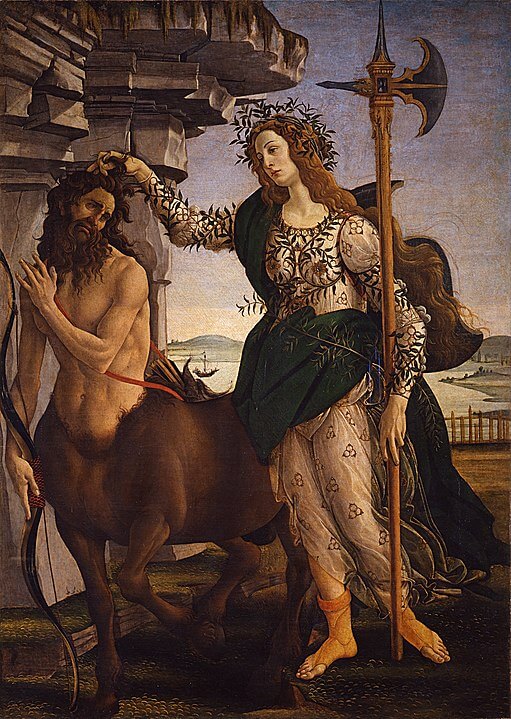
During the Renaissance, Athena further evolved to also become a patron of the arts in addition to human endeavor. She is famously depicted in Sandro Botticelli’s painting: Pallas and the Centaur. In the painting, Athena grips the hair of a centaur, which is meant to be understood as the ever-enduring battle between chastity (Athena) and lust (the centaur).
Athena In Modern Times
In modern times, the symbol of Athena is used throughout the Western world to represent freedom and democracy. Athena is also the Patron of Bryn Mawr College in Pennsylvania. A statue of her stands in their Great Hall building and students approach it to leave her offerings as a way of asking for good luck during their exams or to ask for forgiveness for breaking any of the college’s other traditions.
Contemporary Wicca tends to see Athena as a venerated aspect of the Goddess. Some Wiccans even go so far as to believe that she can bestow the ability to write and communicate clearly upon those who worship her as a symbol of her favor.
Athena Facts
- Athena was the Goddess of War and the wiser, more measured counterpart to Ares, God of War.
- Her Roman equivalent is Minerva.
- Pallas is an epithet often given to Athena.
- She was the half-sister of Hercules, the greatest of the Greek heroes.
- Athena’s parents are Zeus and Metis or Zeus alone, depending on the source.
- She remained Zeus’ favorite child even though she was believed to be wiser.
- Athena had no children and no consorts.
- She’s one of the three Virgin Goddesses – Artemis, Athena and Hestia
- Athena was thought to favor those who used guile and intelligence.
- Athena has been highlighted as being compassionate and generous, but she’s also fierce, ruthless, independent, unforgiving, wrathful and vengeful.
- Athena’s most famous temple is the Parthenon on the Athenian Acropolis in Greece.
- Athena is quoted in Book XXII of the Iliad as saying to Odysseus (a Greek hero) To laugh at your enemies—what sweeter laughter can there be than that?
Wrapping Up
The goddess Athena represents a thoughtful, measured approach to all things. She values those who utilize brain over brawn and often bestows special favor upon creators like artists and metalsmiths. Her legacy as a symbol of fierce intelligence is still felt today as she continues to be depicted in art and architecture.







